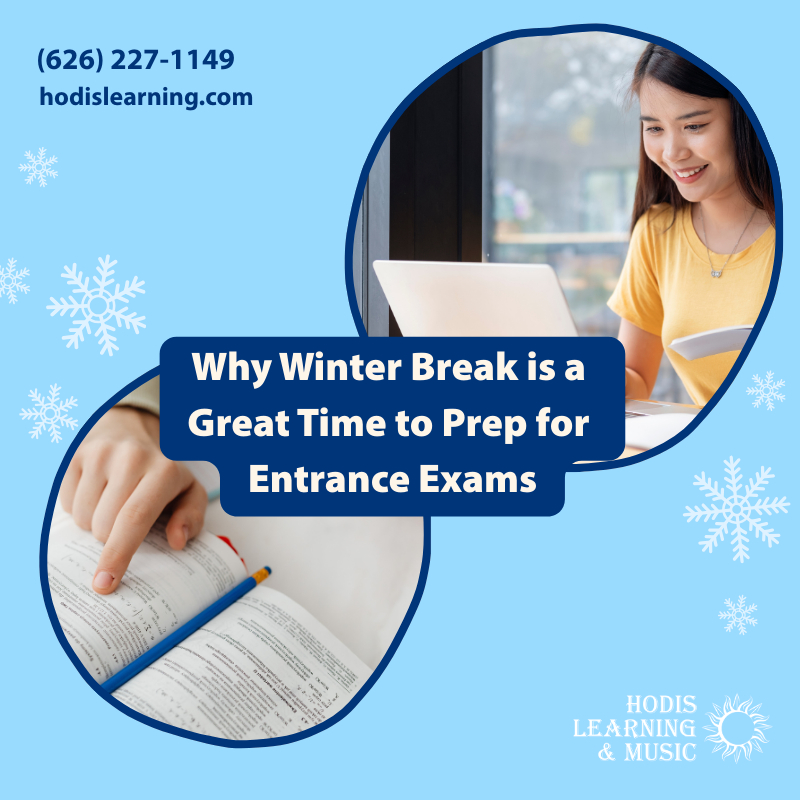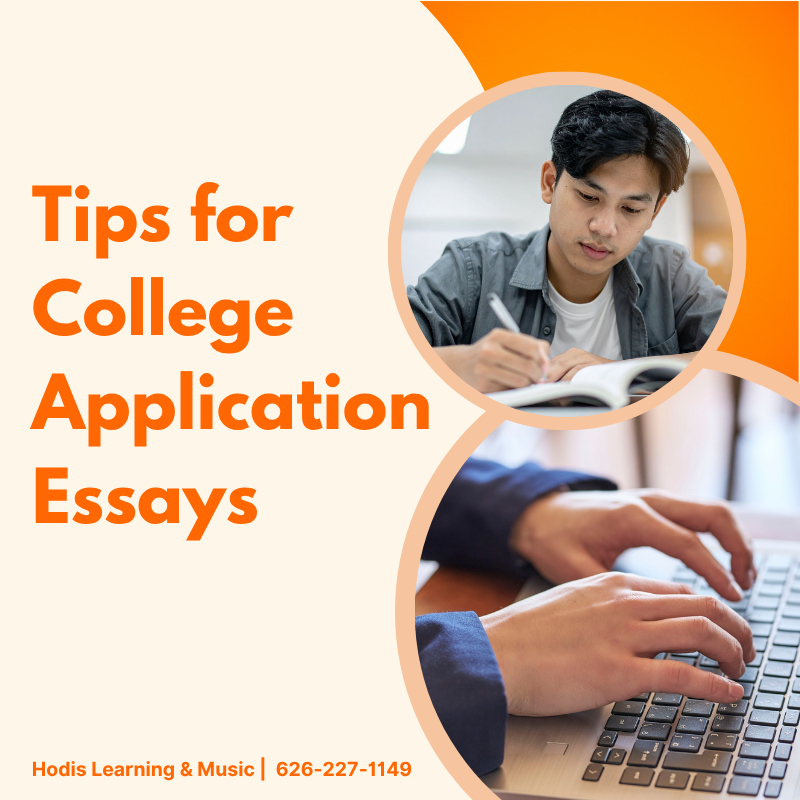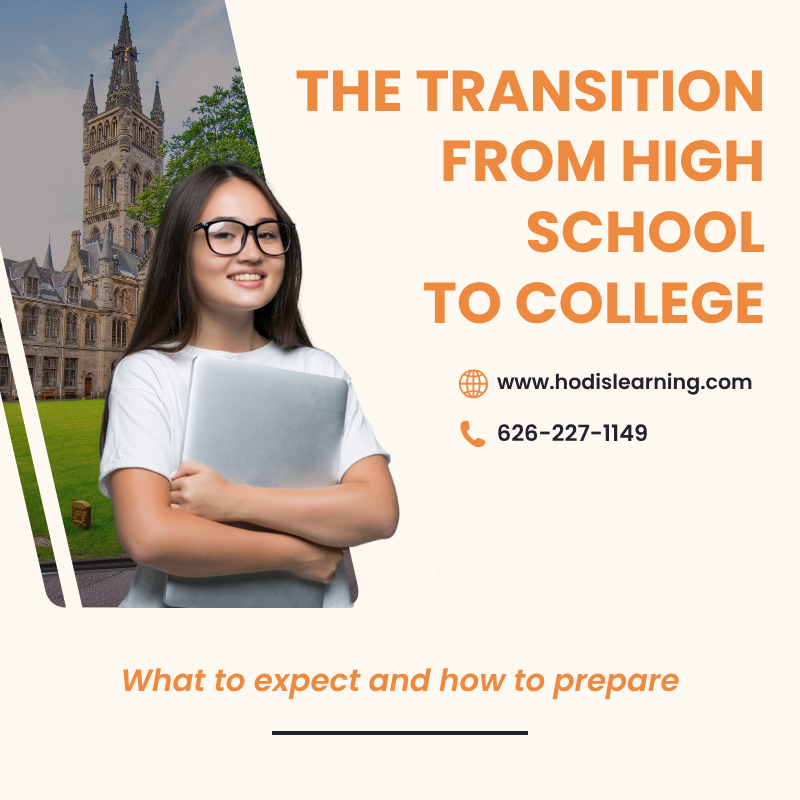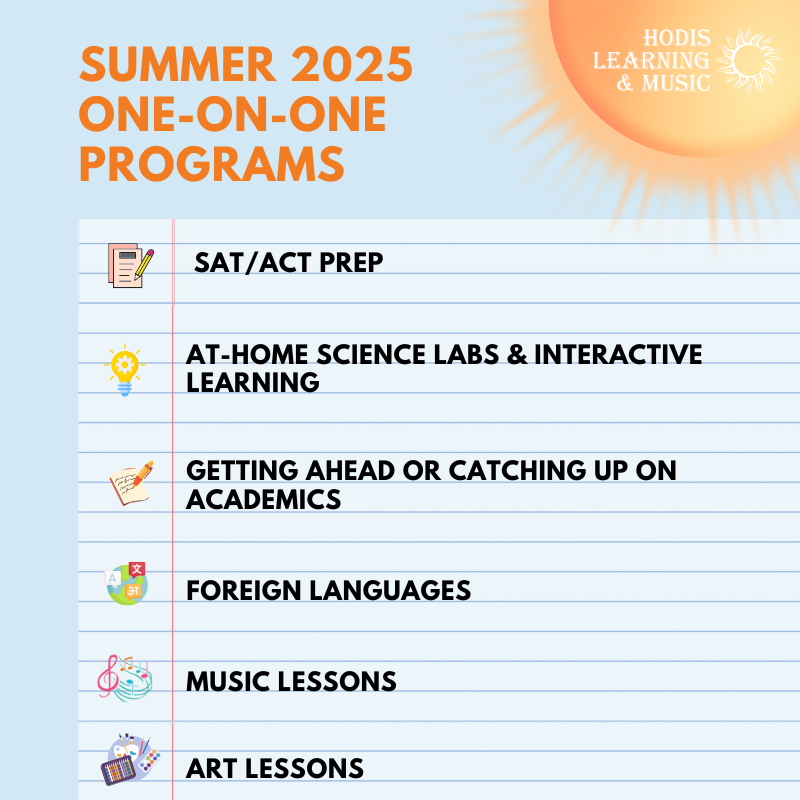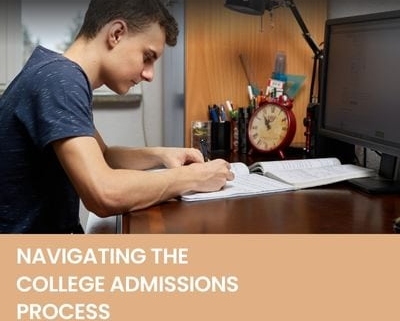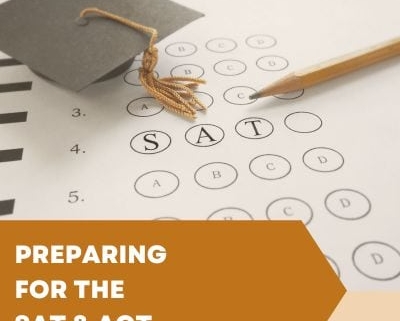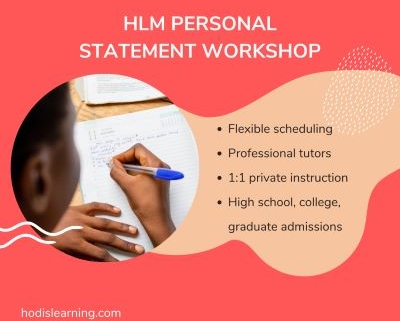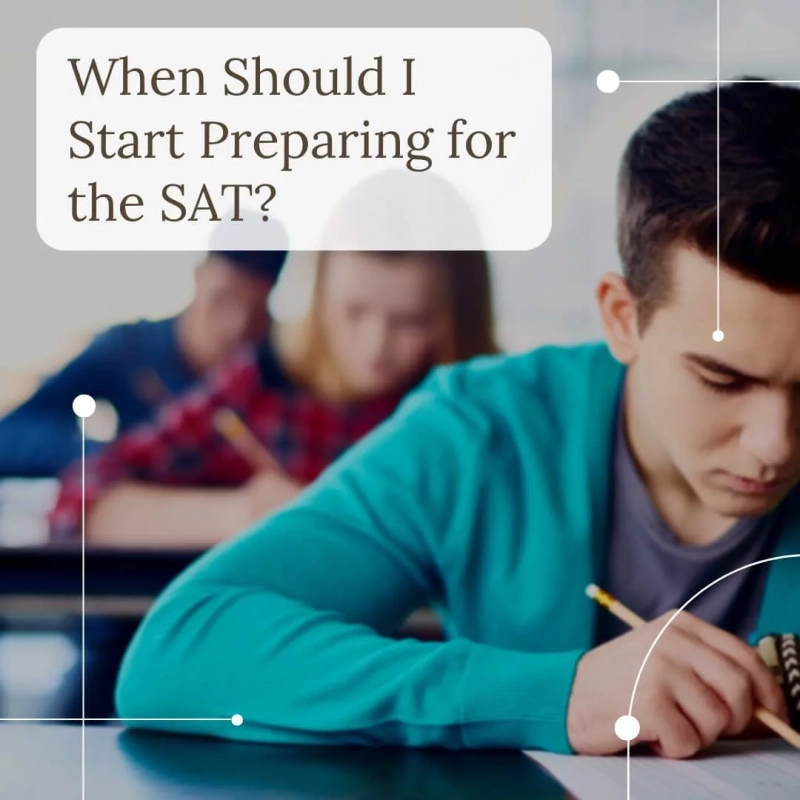Winter break is a time to unwind, celebrate the holidays, and take a much-needed breather from school. And while rest is absolutely important, this mid-year pause also offers a unique opportunity for students preparing for entrance exams.
Whether you’re gearing up for the SAT, ACT, or other placement tests, winter break can be one of the most effective times to make real progress. We break down why below.
1. No School Distractions
During the school year, students are juggling classes, extracurriculars, and social commitments. Finding even an hour a week to prep can feel impossible.
But over winter break, with fewer obligations and no daily homework load, students can dedicate focused, uninterrupted time to entrance exam preparation. Even a few well-structured sessions can have a bigger impact than weeks of scrambling during the semester.
2. A Chance to Build Momentum
Many people take their first entrance exams in the spring. When students start preparing over winter break, they can get a head start. Early preparation also gives you more time to focus on weaker subject areas and practice.
3. A Low-Stress Environment for Better Retention
Stress can make learning harder. When students are relaxed, as they usually are during winter break, they tend to retain material better and develop stronger problem-solving skills. A relaxed mind is better at absorbing new strategies and mastering challenging concepts.
Studying for entrance exams during a calm period can help:
- Strengthen foundational math and reading skills
- Build test-taking confidence
- Reduce anxiety associated with timed exams
4. Flexible Scheduling
Trying to coordinate tutoring sessions around packed school schedules can be tricky. Winter break allows for flexible session times that better fit your family’s routine, and might not be available once school starts up again. For example, you might find it easier to schedule morning or early afternoon test prep sessions.
5. A Head Start That Pays Off Later
Students who begin exam prep earlier often experience:
- Higher test scores
- Less last-minute cramming
- Better time-management skills
- Increased confidence
By taking time over winter break to start preparing, students give themselves a meaningful advantage and reduce the pressures that tend to pile up in the spring semester.
Ready to Make the Most of Winter Break?
Our test prep educators are here to help students. With personalized lessons, engaging practice, and a flexible schedule, we make exam prep both effective and stress-free.
If you’re interested in winter break tutoring or want guidance on how your student can get started, we’d love to help. Call us at (626) 227-1149 or submit a contact form to learn more about test prep.

